What Is A Mcuv Filter ?
A MCUV filter, also known as a UV filter, is a type of camera lens filter that is primarily used to block ultraviolet (UV) light from entering the camera lens. It is a transparent filter that is typically made of high-quality glass or optical resin and is designed to absorb UV rays, which can cause hazy and blurry images, especially in outdoor photography.
MCUV filters are commonly used in photography to improve image clarity, reduce atmospheric haze, and protect the camera lens from scratches, dust, and moisture. They are particularly useful in landscape and nature photography, where UV light is more prevalent. Additionally, MCUV filters can also serve as a general lens protector, shielding the lens from potential damage without significantly affecting the image quality.
1、 Definition and Purpose of MCUV Filter in Photography
A MCUV filter, also known as a UV filter, is a transparent filter that is commonly used in photography to protect the camera lens from dust, moisture, and scratches. It is designed to block ultraviolet (UV) light, which can cause hazy and blurry images, especially in high-altitude or coastal areas.
The primary purpose of a MCUV filter is to improve the overall image quality by reducing the effects of UV light. UV light has a shorter wavelength than visible light and can cause a bluish cast in photographs. By blocking UV light, the filter helps to produce clearer and sharper images with more accurate colors.
Additionally, a MCUV filter acts as a physical barrier, protecting the lens from potential damage. It can prevent dust, dirt, and fingerprints from coming into direct contact with the lens surface, reducing the need for frequent cleaning and minimizing the risk of scratches.
While some photographers argue that using a MCUV filter can degrade image quality by introducing lens flare or reducing contrast, others believe that the benefits outweigh the potential drawbacks. It is important to note that the quality of the filter itself can greatly impact the final image, so investing in a high-quality filter is recommended.
In conclusion, a MCUV filter is a transparent accessory that serves to protect the camera lens and improve image quality by blocking UV light. Its purpose is to reduce haze, enhance color accuracy, and safeguard the lens from potential damage.
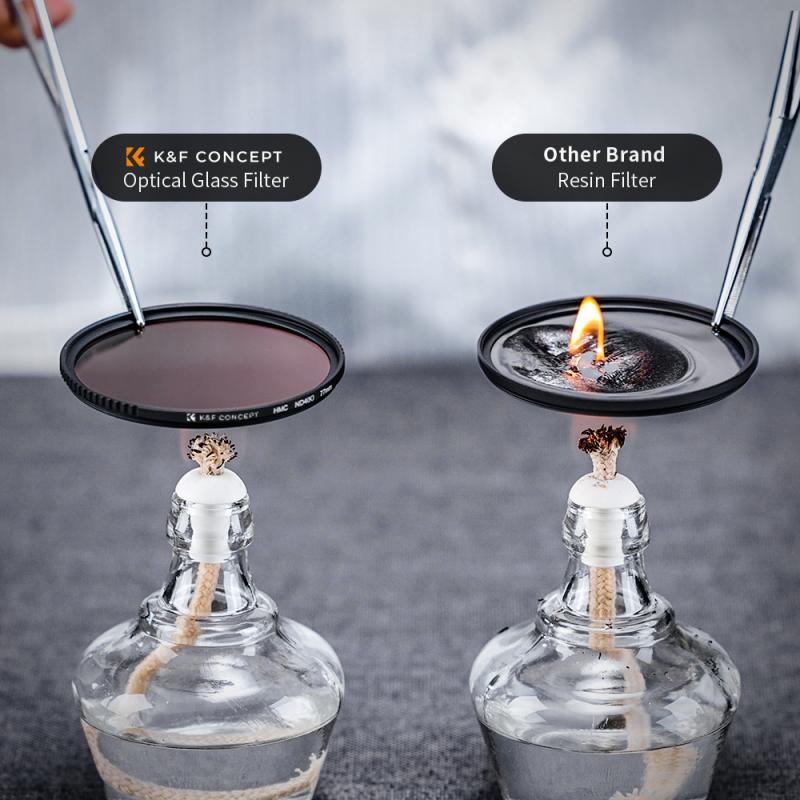
2、 Types of MCUV Filters and Their Features
A MCUV filter, also known as a UV filter, is a type of camera filter that is primarily used to block ultraviolet (UV) light from entering the camera lens. It is designed to reduce the haze and bluish cast that can be caused by UV light, resulting in clearer and sharper images.
There are several types of MCUV filters available in the market, each with its own unique features. One common type is the standard MCUV filter, which is a clear filter that simply blocks UV light without affecting the color balance of the image. This type of filter is commonly used for general photography and is suitable for protecting the camera lens from dust, moisture, and scratches.
Another type is the multi-coated MCUV filter, which is coated with multiple layers of anti-reflective materials. This coating helps to reduce lens flare and ghosting, resulting in improved image quality. The multi-coated MCUV filter is particularly useful when shooting in bright sunlight or when there are strong light sources in the frame.
In recent years, there has been a growing trend towards using slim MCUV filters. These filters have a thinner profile, which helps to minimize vignetting and allows for the use of wider-angle lenses without any obstruction. Slim MCUV filters are especially popular among landscape and architectural photographers who often use wide-angle lenses to capture expansive scenes.
It is worth noting that there is ongoing debate among photographers about the necessity of using MCUV filters. Some argue that modern digital cameras already have built-in UV filters, making external MCUV filters redundant. However, others believe that MCUV filters still offer benefits such as lens protection and improved image quality, especially in certain shooting conditions.
In conclusion, MCUV filters are camera accessories that block UV light and improve image quality. They come in various types, including standard, multi-coated, and slim filters, each with its own advantages. While the necessity of using MCUV filters is a subject of debate, they can still be beneficial for lens protection and enhancing image quality in certain situations.
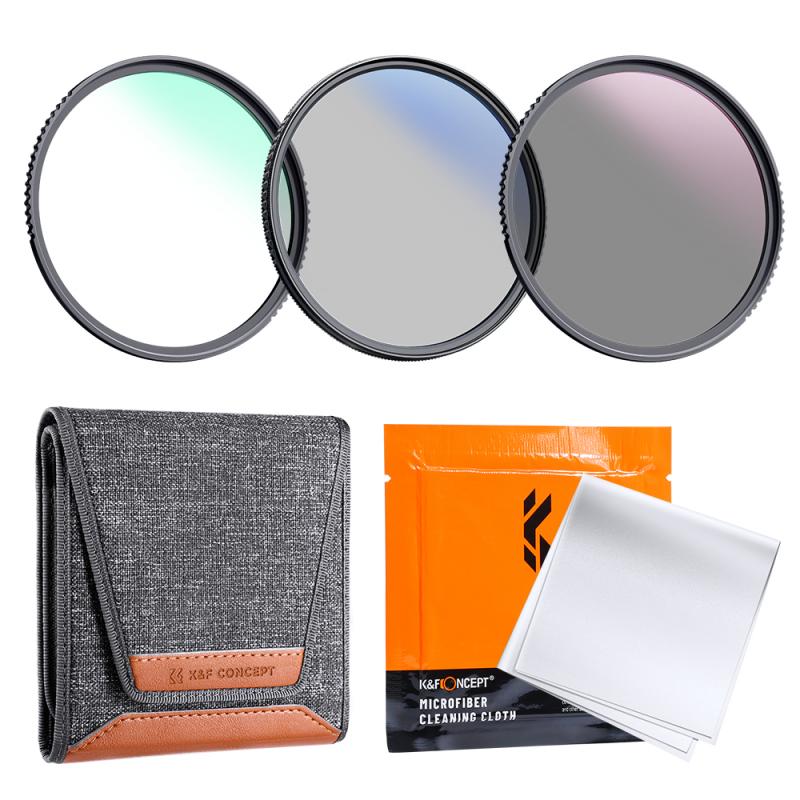
3、 Benefits and Limitations of Using MCUV Filters
A MCUV filter, also known as a UV filter, is a type of camera filter that is primarily used to block ultraviolet (UV) light from entering the camera lens. It is a transparent filter that is placed on the front of the lens and is commonly used in photography to protect the lens from scratches, dust, and moisture.
The main benefit of using a MCUV filter is its ability to reduce the effects of UV light on photographs. UV light can cause a bluish cast in images, especially in outdoor settings, and can also result in hazy or foggy photographs. By using a MCUV filter, photographers can achieve clearer and more vibrant images by eliminating the unwanted UV light.
Additionally, MCUV filters also act as a protective barrier for the lens. They can prevent dust, dirt, and moisture from coming into direct contact with the lens, reducing the risk of damage. This is particularly useful in outdoor photography where the lens is exposed to various elements.
However, it is important to note that using a MCUV filter can also have limitations. Some photographers argue that the use of a filter can potentially degrade image quality, especially if a low-quality filter is used. This is because the additional layer of glass can introduce lens flare, reduce sharpness, and cause unwanted reflections. Therefore, it is crucial to invest in high-quality filters to minimize these issues.
In recent years, there has been a growing debate among photographers about the necessity of using MCUV filters. With advancements in lens coatings and digital post-processing techniques, some argue that the benefits of using a filter are no longer significant. However, others still prefer to use MCUV filters as a precautionary measure to protect their expensive lenses and to maintain the highest image quality possible. Ultimately, the decision to use a MCUV filter depends on the individual photographer's preferences and shooting conditions.
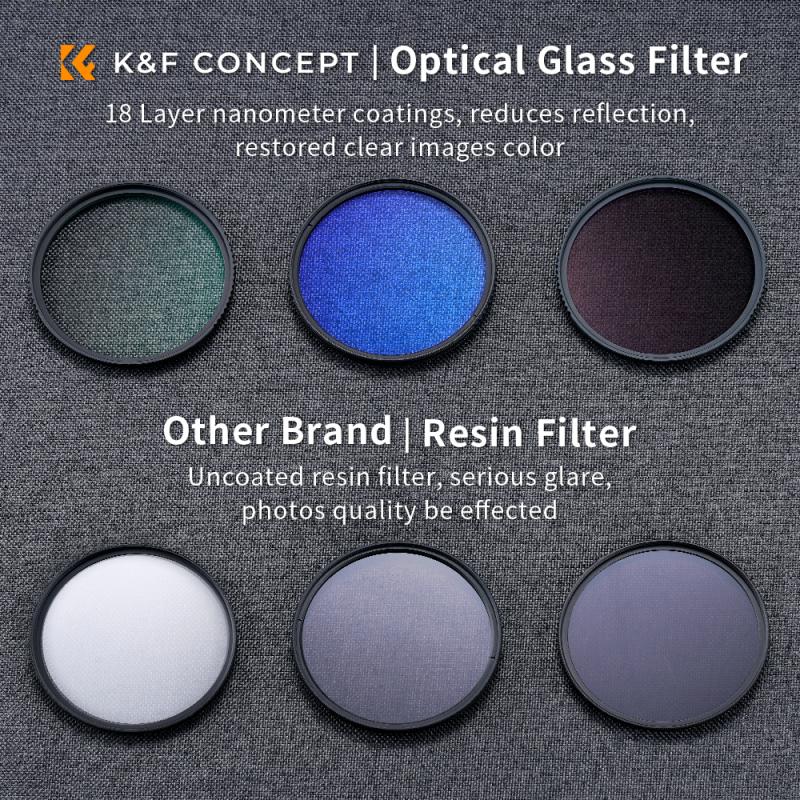
4、 How to Choose the Right MCUV Filter for Your Camera
A MCUV filter, also known as a UV filter, is a type of camera filter that is primarily used to block ultraviolet (UV) light from entering the camera lens. It is a transparent filter that is placed on the front of the lens to protect it from scratches, dust, and other potential damage.
UV light can cause hazy and blurry images, especially in outdoor photography, as it can interfere with the clarity and sharpness of the image. By using a MCUV filter, photographers can reduce the amount of UV light that reaches the camera sensor, resulting in clearer and more vibrant images.
When choosing the right MCUV filter for your camera, there are a few factors to consider. Firstly, it is important to ensure that the filter is compatible with the lens diameter of your camera. Most filters come in different sizes, so it is crucial to select the correct size to ensure a proper fit.
Additionally, the quality of the filter is an important consideration. Opting for a high-quality filter can help maintain the image quality and prevent any unwanted distortion or color shifts. It is recommended to invest in a filter made from high-quality materials, such as multi-coated glass, as it can provide better optical performance.
Furthermore, some photographers debate the necessity of using a MCUV filter, as modern digital cameras already have built-in UV filters. However, proponents argue that a MCUV filter can still offer additional protection for the lens and can be easily replaced if scratched or damaged.
In conclusion, a MCUV filter is a useful accessory for photographers looking to protect their camera lens and improve the quality of their images. By considering factors such as compatibility, quality, and personal preferences, photographers can choose the right MCUV filter for their camera and enhance their photography experience.
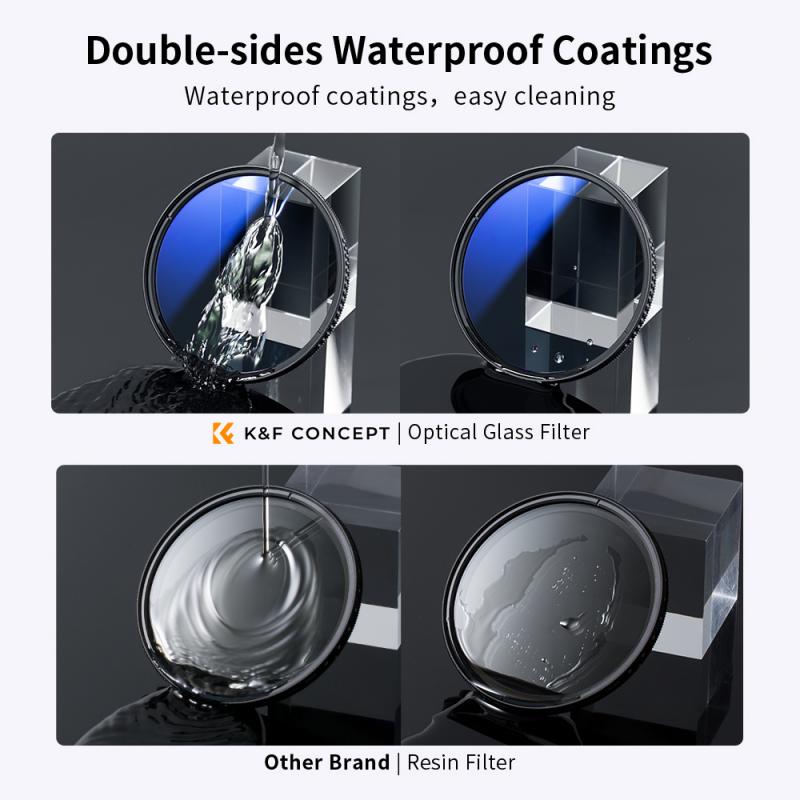


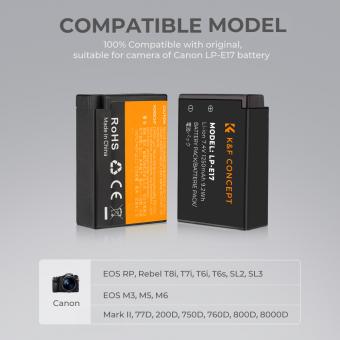

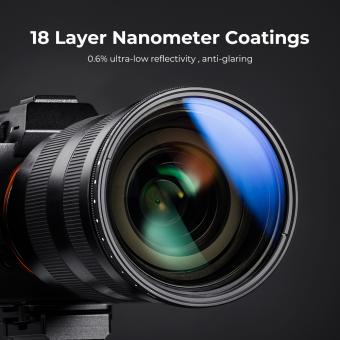


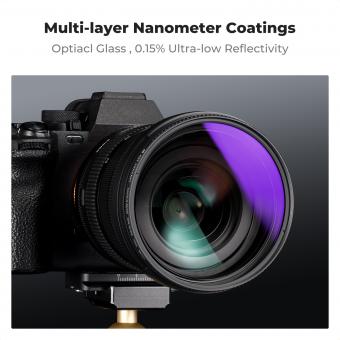
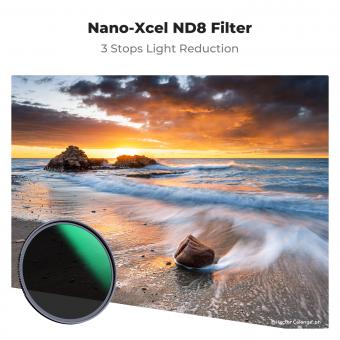
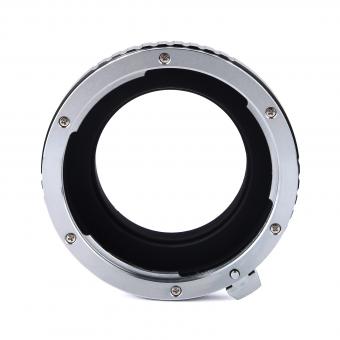
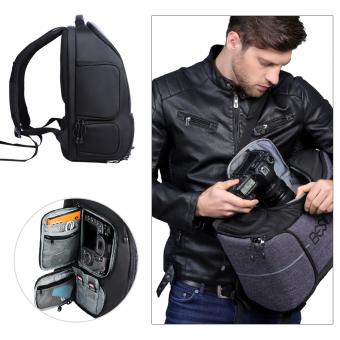
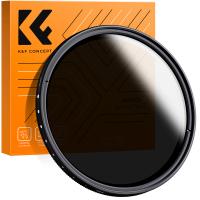
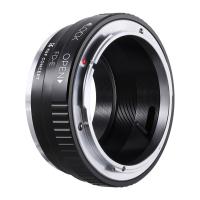
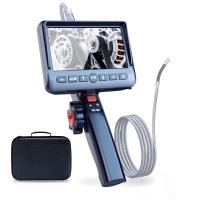
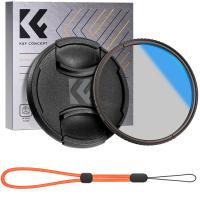
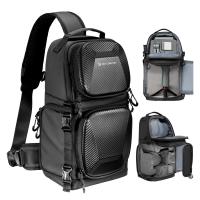
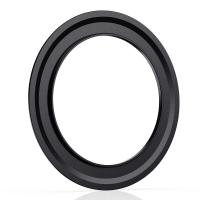
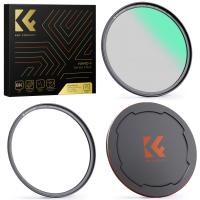
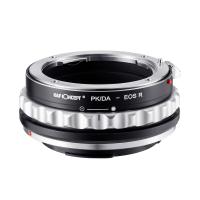
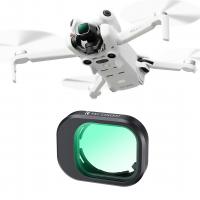
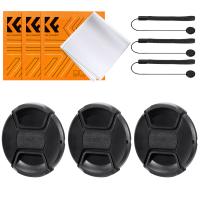
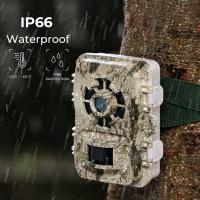
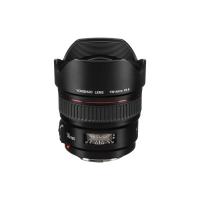
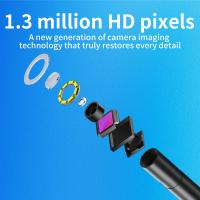
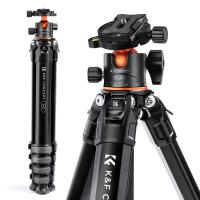
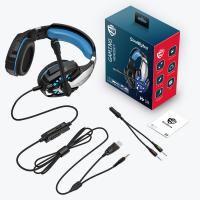

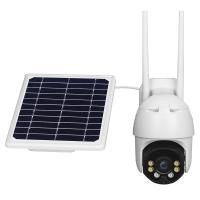
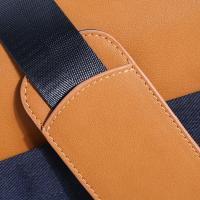


There are no comments for this blog.